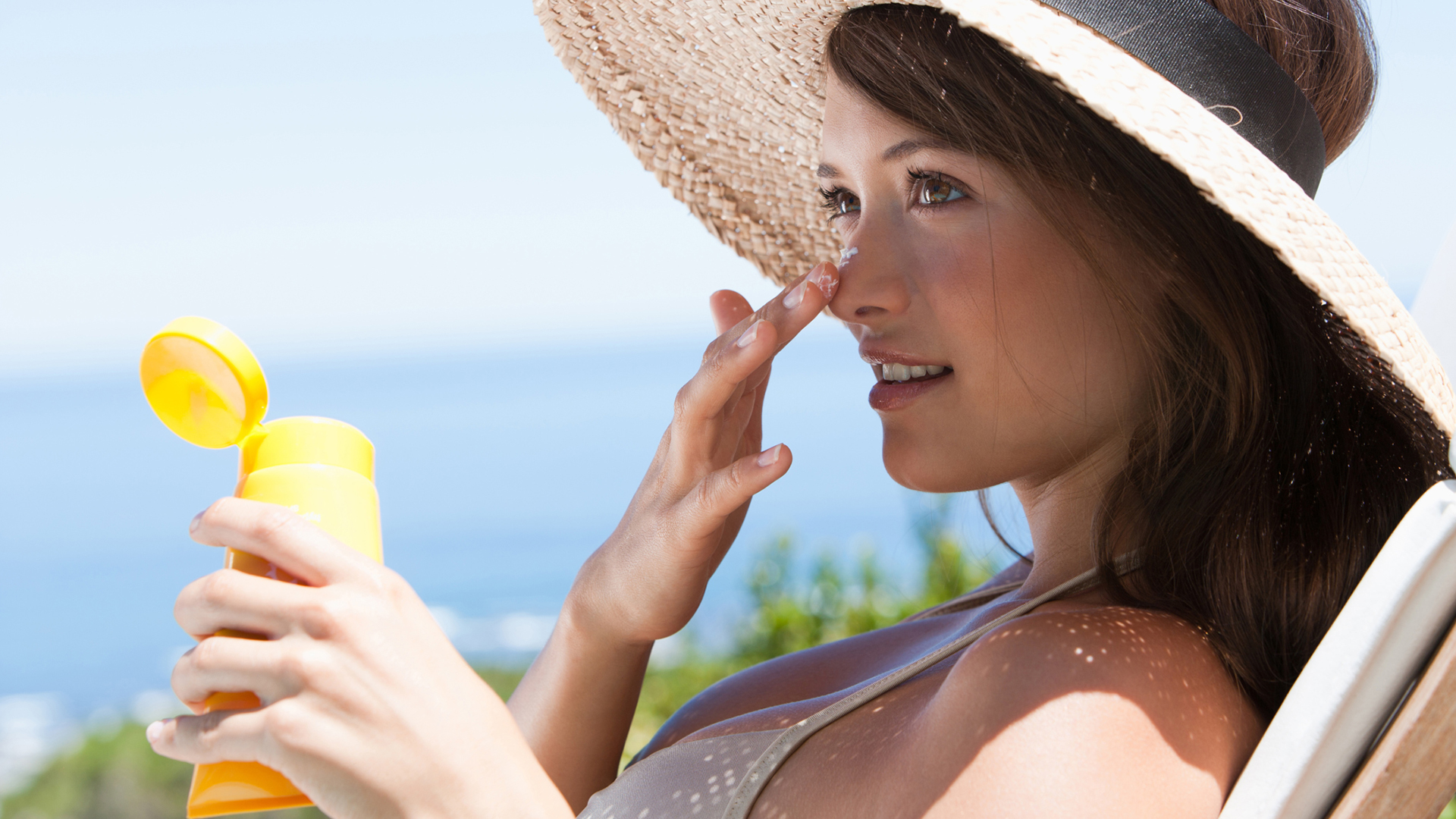Introduction
To that question, you must always start with the basics. Firstly make sure that your skin is cleared out of dirt in the pores, sweat and sebum. After washing your skin with soap plus water combination or face washes, the skin is now dry. It needs moisture very urgently after patting it dry. So the perfect solution is to apply a moisturizing cream and then only go for sunscreens. Sometimes the moisturisers themselves come with SPF. But, the sunscreen uses its certified SPF numbers against the prolonged exposure to sunlight. That gives a sole product ensuring you of protection from sun burns.
The sunscreens protect the skin from cancerous development, such as melanoma. It also protects your skin keratin from being destroyed by extreme temperatures. This protein is known to keep the skin texture healthy. The type of sunscreen and moisturizer for your skin in the sun, would require the determination of your skin type. The dry skin types can go for moisturizing creams with SPF numbers lower than 35 for daily use. The oily skin types can skip the moisturizers and go for sunscreens.
First Comes Moisturizing Over Sunscreen
The older versions of sunscreens were sticky and smelly. Sunscreens now-a-days have proven to be like any other moisturizing cream or spray. After cleansing your skin, be it any type; it needs a thin layer of moisture, as the cleansing process has broken the moisture film. The moisturizer restores moisture and defends the skin from looking dry and flaking. But the sunscreen defends your skin from instant effects of heat such as burns, lines and wrinkles. If your skin needs more protection, reapply the sunscreen after every 2 hours, modify it accordingly to your needs. The base layer of moisturizers remains intact underneath the sunscreen layer.
- Cleanse your skin thoroughly with once or twice exfoliation schedule per week.
- Apply moisturiser first on the cleansed skin surface.
- Let the moisturizer set on your skin for a while.
- Then apply the sunscreen before going outside. The sunscreen should be applied at least half an hour before going out. That describes when you should moisturize, wait a bit and then apply sunscreen.
Just like moisturizer, sunscreen uses your time to set on skin. Some formula seeps and combines with the outermost layer of skin to give you the best sun protection possible. Regarding the choice of which SPF number sunscreen you should use, the daily ones can be below 35. The broad spectrum sunscreens protect you from a wide range of UV rays. In this case numbers do not bother you. It works well anywhere under any temperature.
Usually, in popular imagination, the sunscreens are overpowering in their odour and texture. They might seem to ruin your makeup on application, especially the cream and lotion based sunscreens. That issue is quickly solved with the arrival of sprayable sunscreens. These do not make your makeup drip from your skin. They rather absorb the excess moisture from the makeup and it rests on the layer of moisturiser and subsequent makeup layers.

Sunscreen Your Skin Skin Type
Half tablespoon of sunscreen is enough to cover your neck and facial skin. For dry skin types, choose more moisture providing sunscreen – having hyaluronic acid, glycerin, honey etc. The oily skin and sweaty skin types should cut-down the moisturization part, with ingredients such as niacinamide and tea tree oil extracts.
Sunscreens now provide your skin a shade or tint for an even skin tone and are also enriched in antioxidants to prevent premature aging from heat and loss of moisture. Lines, wrinkles and skin surface ruptures are healed by the emollients in the sunscreen. It also heals up minor damages on the skin surface rejuvenating the surface layer. Protection of the skin from bacterial and fungal build up is another milestone. This antibacterial property with antioxidant coupling in sunscreen and moisturizers alike serves your skin the best care they can receive out of any cosmetic product.
The most preferred and ideal practice is to apply sunscreen over moisturizer layers. It keeps the skin soft and healthy. But, at times sunscreens are used directly onto the skin surface. This is a very selective and optional practice for some users. The moisturizer forms a good supporting base for the sunscreen. These layers need to be removed at the end of the day. The excess moisture and sunscreen layer harbour dirt and debris which have to be washed off with a befitting shower. It is made easier with the help of body washes and loofah scrubs. So step out tension free with your moisturizer and sunscreen armour on.

